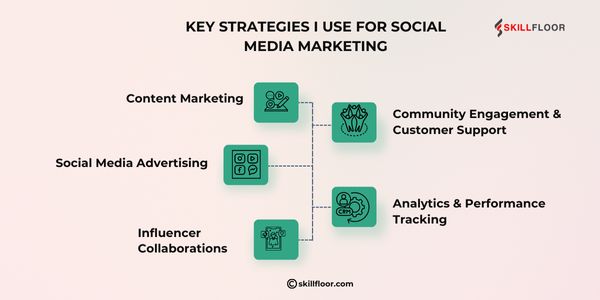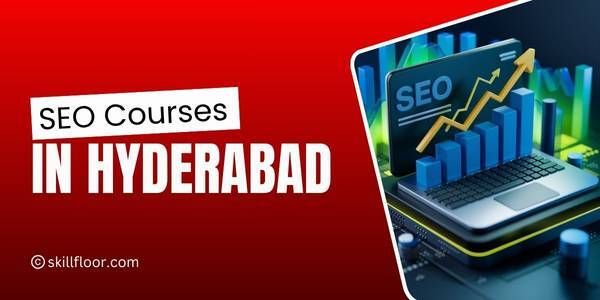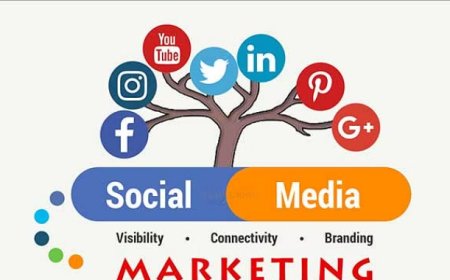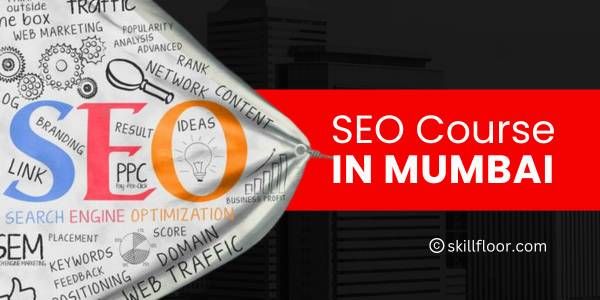The Role of Social Media Platforms in Digital Marketing
How social media platforms drive digital marketing success, boost engagement, and enhance brand visibility in a competitive online space.

I have been working in digital marketing for years, and one thing I know for sure is that social media is essential. Whether I’m creating campaigns to increase brand awareness, attract leads, or connect with people, social media platforms are always my main tools.
Social media has evolved from just a way to communicate into a key part of marketing. It’s not just about posting updates anymore—it’s about telling a brand’s story, building relationships, and turning interactions into real results.
Why Social Media is Essential for Digital Marketing
In the early days of digital marketing, businesses relied heavily on traditional advertising channels like search engines and email marketing. But social media changed the game. Here’s why I believe it has become indispensable:
1. Unmatched Audience Reach
Social media platforms have billions of active users. Whenever I launch a campaign, I know I have access to a vast audience that I can segment based on demographics, interests, and behaviors. Platforms like Facebook, Instagram, LinkedIn, and TikTok allow me to tailor my content to reach the right people at the right time.
For example, if I’m working with a brand targeting Gen Z, TikTok and Instagram Reels are my go-to channels. If I need to connect with professionals, LinkedIn is the best bet. The versatility of social media allows me to meet my audience where they are.
2. Enhanced Engagement & Brand Visibility
Unlike traditional marketing methods, social media fosters two-way communication. Whenever I post content, I’m not just broadcasting a message—I’m inviting engagement. The likes, comments, shares, and direct messages give me instant feedback on what resonates with my audience.
I’ve seen firsthand how businesses that actively engage with their audience build stronger brand loyalty. By responding to comments, hosting live Q&A sessions, and participating in trending conversations, I keep my brand top-of-mind for my audience.
3. Cost-Effective Marketing
One of the biggest advantages I’ve found with social media is its cost-effectiveness. Organic marketing through regular posts and community engagement is free. And when I do invest in paid advertising, I can set precise budgets and target specific audiences, ensuring maximum ROI.
For instance, Facebook Ads allow me to target users based on age, location, interests, and even behaviors. Compared to traditional advertising methods, where costs can skyrocket, social media gives me complete control over my spending and performance tracking.
How I Use Different Social Media Platforms in Marketing
Each platform serves a unique purpose, and I choose them based on my marketing objectives. Here’s how I leverage them:
1. Facebook – Multi-Purpose Marketing
Facebook is a powerhouse for businesses. I use it for:
-
Running targeted ads to boost website traffic and conversions.
-
Engaging with customers through Facebook Groups and Messenger.
-
Sharing brand stories through posts, live videos, and updates.
2. Instagram – Visual Storytelling
Instagram is perfect for brands that rely on aesthetics and storytelling. I focus on:
-
Posting high-quality images and videos to build brand identity.
-
Using Stories and Reels to create bite-sized, engaging content.
-
Partnering with influencers to amplify reach.
3. LinkedIn – B2B Marketing & Thought Leadership
When I’m targeting professionals, LinkedIn is my platform of choice. Here’s what I do:
-
Publish articles and posts showcasing industry expertise.
-
Network with decision-makers and industry leaders.
-
Run B2B advertising campaigns focused on lead generation.
4. Twitter (X) – Real-Time Engagement
Twitter is great for engaging in real-time conversations. I use it to:
-
Share industry news and updates.
-
Participate in trending discussions using relevant hashtags.
-
Provide quick customer service responses.
5. YouTube – Video Marketing & Education
Video content has massive engagement, and I leverage YouTube for:
-
Creating in-depth tutorials and product demonstrations.
-
Showcasing customer testimonials and brand documentaries.
-
Running YouTube Ads to drive traffic and conversions.
6. TikTok – Viral Marketing & Brand Awareness
TikTok is the go-to platform for viral trends. I use it for:
-
Creating short, engaging videos that align with popular challenges.
-
Partnering with TikTok influencers to expand reach.
-
Utilizing TikTok Ads for targeted promotions.
7. Pinterest – Product Discovery & Inspiration
For e-commerce and lifestyle brands, Pinterest is invaluable. I use it for:
-
Sharing visually appealing product images and infographics.
-
Driving traffic to e-commerce sites through shoppable pins.
-
Targeting niche audiences looking for inspiration.
Other Social Media Platforms Used in Digital Marketing. Beyond the major platforms mentioned above, several other social media channels play a role in digital marketing:
-
Snapchat – Engages younger audiences with disappearing content and AR filters.
-
Reddit – Ideal for niche communities and in-depth discussions.
-
Quora – Helps build thought leadership through question-and-answer interactions.
-
Telegram – Useful for community building and direct messaging marketing.
-
WhatsApp – Great for personalized customer engagement and support.
-
WeChat – Essential for marketing in China with integrated messaging and e-commerce.
-
Tumblr – Popular for microblogging and creative content sharing.
-
Discord – Used for building engaged communities around brands and interests.
-
Clubhouse – Offers audio-based networking opportunities.
-
Threads – A text-based platform by Instagram that facilitates real-time conversations.
Key Strategies I Use for Social Media Marketing
1. Content Marketing
Social media thrives on content. I create:
-
Informative blog posts shared on LinkedIn and Facebook.
-
Short, engaging videos for Instagram, TikTok, and YouTube Shorts.
-
Eye-catching infographics for Pinterest and Instagram.
2. Social Media Advertising
Organic reach is great, but paid ads provide scalability. My approach includes:
-
Running Facebook and Instagram ads for e-commerce campaigns.
-
Utilizing LinkedIn Ads for B2B lead generation.
-
Investing in TikTok and YouTube Ads for brand awareness.
3. Influencer Collaborations
I’ve seen influencer marketing skyrocket engagement. My process includes:
-
Partnering with Instagram and TikTok influencers to promote products.
-
Working with YouTube creators for detailed product reviews.
-
Engaging LinkedIn industry experts for professional endorsements.
4. Community Engagement & Customer Support
Social media isn’t just about promotion; it’s about building relationships. I:
-
Actively respond to comments and messages.
-
Create and moderate Facebook and Telegram groups for brand communities.
-
Use Twitter and WhatsApp for real-time customer service.
5. Analytics & Performance Tracking
I don’t just post and hope for the best—I analyze results. I track:
-
Engagement rates to measure content performance.
-
Click-through rates (CTR) for ad campaigns.
-
Conversion rates to determine ROI.

The Future of Social Media in Digital Marketing
As social media continues evolving, I’m keeping an eye on emerging trends:
-
AI-Powered Personalization: Chatbots and smart algorithms will enhance user experiences.
-
Augmented Reality (AR) & Virtual Reality (VR): Platforms like Instagram and Snapchat are integrating AR for interactive marketing.
-
Short-Form Video Growth: TikTok-style content will dominate social media.
-
Social Commerce Expansion: More platforms will enable direct shopping without leaving the app.
-
Decentralized Social Media: Alternatives like Mastodon and Bluesky are emerging as privacy-focused networks.
Social media platforms have modifié digital marketing. From audience reach to engagement, from lead generation to conversions, they provide unmatched opportunities for businesses. As a digital marketer, I leverage these platforms strategically, tailoring content, ads, and engagement tactics to maximize impact.
The key to success lies in understanding the nuances of each platform, staying ahead of trends, and continuously optimizing strategies based on data. Social media marketing isn’t static—it’s dynamic, ever-evolving, and, when done right, incredibly powerful.
So, whether you’re a business owner, a marketer, or a content creator, one thing is clear: mastering social media is no longer optional—it’s essential.






























































